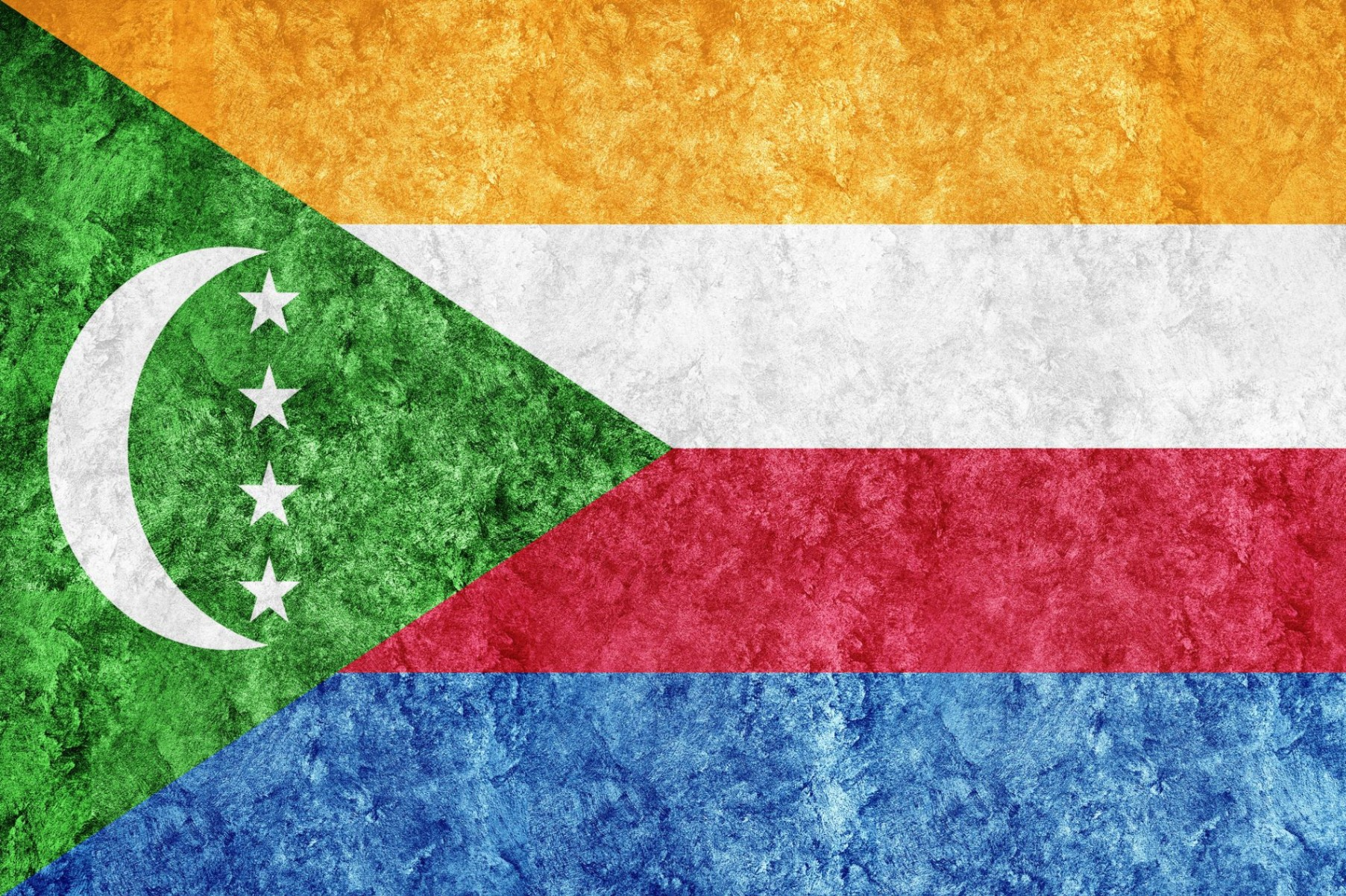
The rainy season in Comoros lasts from November to May, and cyclones are common during this time. Despite its stormy history, Comoros is a popular tourist destination because of its stunning beaches, natural springs, and coral reefs.
The people of Comoros are proud of their traditions, and there are remnants of Malay, French, and African civilizations across the country. The pace of life on the islands is calm, and it’s difficult not to feel at ease here, whether you’re watching turtles and dolphins in the bay or strolling through the local market.
Agriculture is the principal source of employment, employing around 80% of the workforce.
Visa Rules
All travelers to Comoros, regardless of passport type, are required to obtain a visa. Fortunately, this can be done quickly and easily at the airport. You may get a 45-day visa for 30 euros if you give your passport, proof of accommodation, and proof of return ticket. Your passport will be filled with the visa, which will take up one full page.
Arriving and Leaving
The Prince Said Ibrahim International Airport, located 20 kilometers north of Moroni, is Comoros’ only international airport. Expect no facilities because the airport is small, with only one gate.
There are no direct flights to Comoros from anywhere outside of Eastern Africa. The best connections are via Kenya Airways via Nairobi or Ethiopian Airlines via Addis Ababa.
There are flights through Madagascar, Tanzania, and Reunion, although residents claim that these planes are renowned for being delayed. Because there is no ATM at the airport, make sure you schedule your airport pick up ahead of time. Additionally, there is no public transit between the airport and any location.
If you know some French, you could walk outside the airport and catch a shared taxi into town. During the day, a cab from the airport to central Moroni will cost around 10 euros, while at night, it will cost around 15 euros.

There are no ATMs or money exchange facilities available at the Comoros airport. As a result, you’ll have to wait until you get to town before drawing and exchanging money. It’s also a good idea to get rid of all your local cash before departing, as you won’t be able to exchange it at the airport.
Ethiopian Air allows passengers to check in for flights up to 5 hours before departure. Only a small kiosk selling soft drinks and a shop selling local trinkets are available at the departure point.
It is strongly advised that you spend your final night in Comoros at Moroni. Although there are boat services between the islands, they are frequently delayed owing to inclement weather.
Internet
When visiting Comoros, don’t expect much in the way of internet access. The best option is to go to a hotel, where you can get free wifi if you buy a couple of drinks. Otherwise, visit the “New Select” restaurant on Moroni’s main square.
Electricity
Because power outages are often here, it’s a good idea to bring a power bank and a flashlight. The finer hotels and AirBnbs, on the other hand, have generators. Comoros’ power plugs are typical European-style plugs, with a standard voltage of 220 V and a frequency of 50 Hz. While Comoros may not be the most accessible African country, there are numerous reasons to come.
Comoros is the place to go if you like friendly locals, magnificent scenery, and breathtaking underwater scenes and don’t mind roughing it; where else in the world can you swim with humpback whales without crowds?
